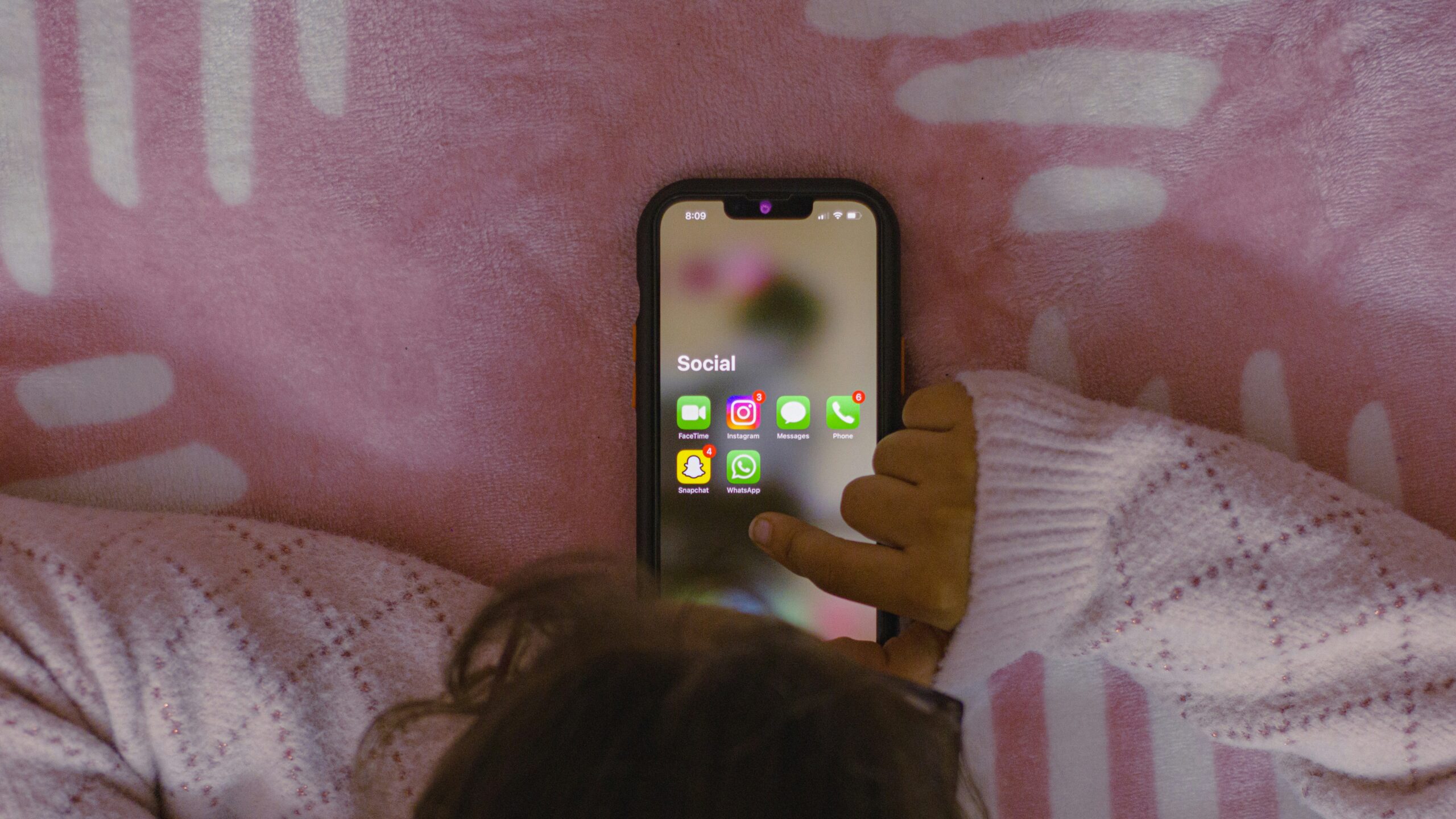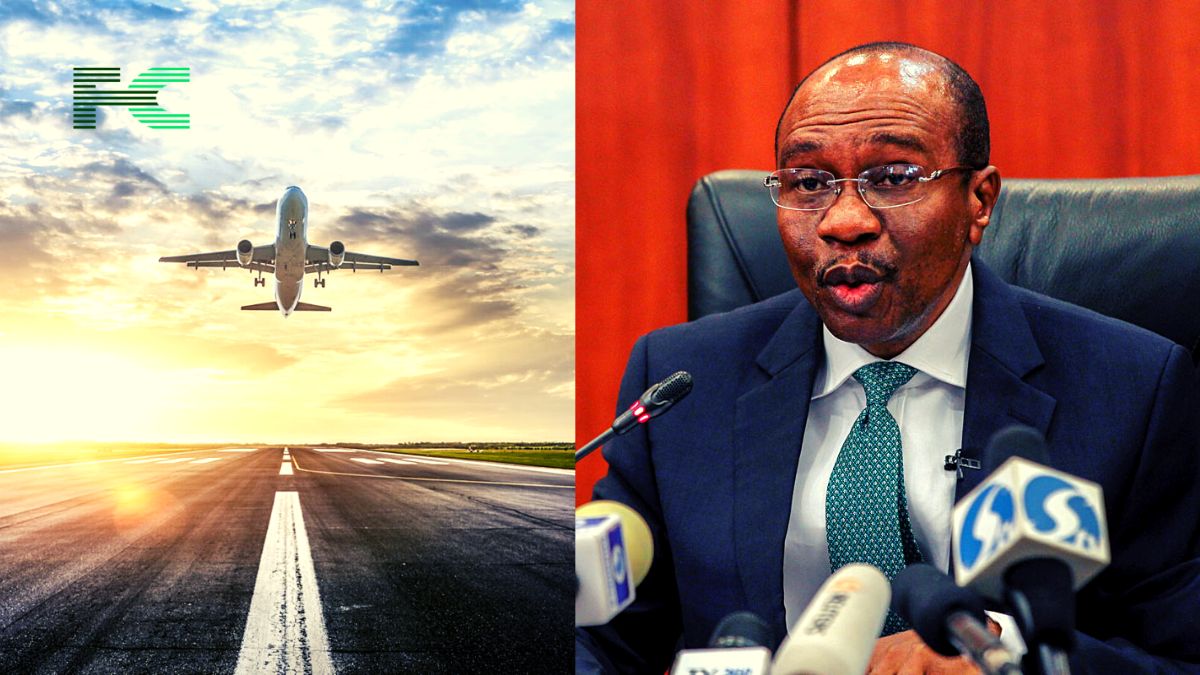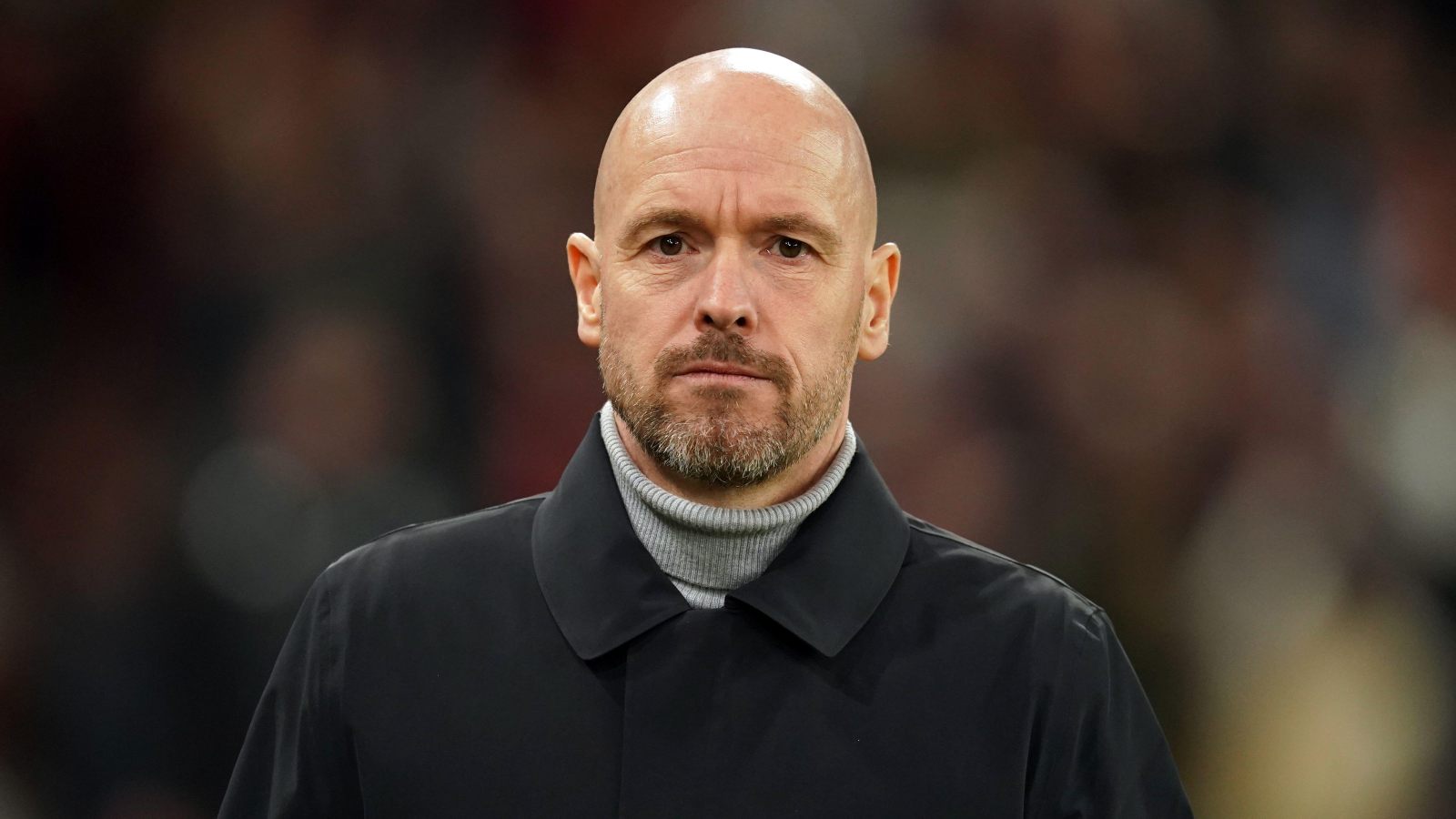In an unprecedented act of defiance, Australia’s youth have launched a legal war against their own government, filing a constitutional challenge in the nation’s highest court to stop a controversial and sweeping ban just two weeks before it is set to take effect.
The legal battle, spearheaded by two 15-year-old plaintiffs, Noah Jones and Macy Neyland, accuses the government of orchestrating a “grossly excessive” power grab that would “rob” an entire generation of their digital rights and silence their political voices. The case targets a world-first law that would forcibly deactivate the social media accounts of more than one million Australian teenagers under the age of 16 starting December 10.

“This is about our future,” said plaintiff Macy Neyland, framing the law as a dystopian crackdown. “Young people like me are the voters of tomorrow… we shouldn’t be silenced. It’s like Orwell’s book 1984, and that scares me.”
The government, however, is refusing to back down. Communications Minister Anika Wells fired back in Parliament, defiantly stating the center-left Albanese government “would not be intimidated by threats and legal challenges by people with ulterior motives,” and positioning itself squarely “on the side of parents, not of platforms.”
The stage is now set for a historic High Court showdown that pits the freedom of a generation against a state-mandated blackout, with the entire world watching to see if Australia’s radical experiment in policing online access can survive its first major legal test.
Why It Matters
The Australian government, armed with opinion polls and a “think of the children” mantra, has vastly underestimated the political consciousness of the very generation it claims to protect.
By framing this as a violation of their implied right to political communication, these teenagers aren’t just fighting for their TikTok accounts—they’re launching a sophisticated argument that they are citizens with a voice, not just children to be controlled. The government’s aggressive rhetoric, dismissing critics as having “ulterior motives,” reveals a stunning intolerance for dissent.
When a 15-year-old has to quote George Orwell to defend her basic freedoms against her own government, it’s a sign that the protectors have become the oppressors. This case will determine whether digital space is a legitimate public square for the next generation or merely a privilege that the state can revoke at will.

















